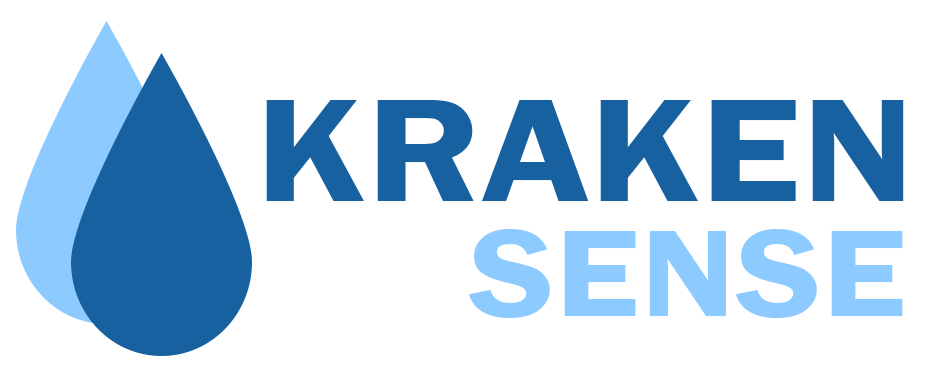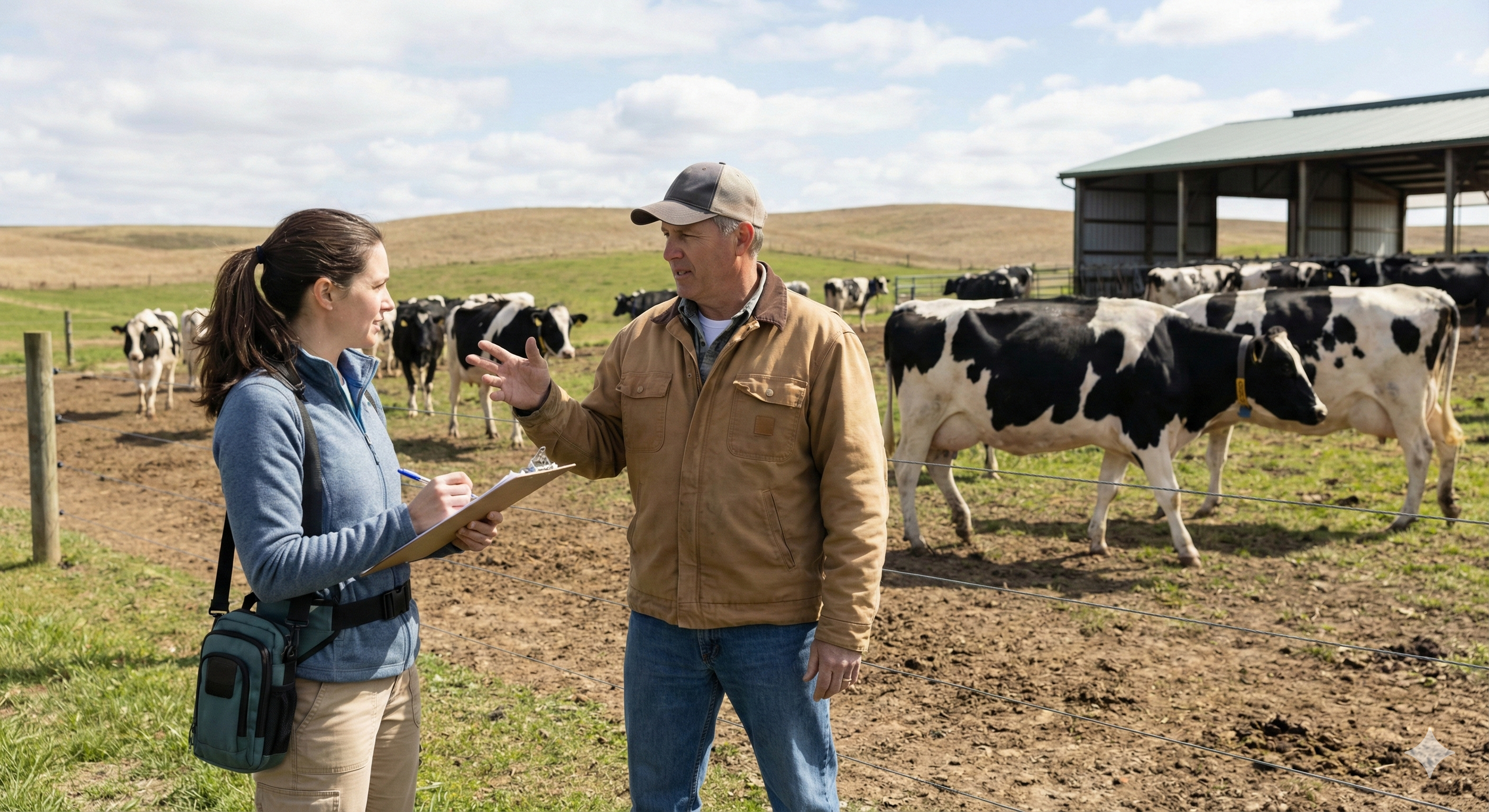
Antimicrobial Use in Farming Is Rising Again - Why Early Detection Matters
Antimicrobial resistance is accelerating worldwide, and rising drug use in agriculture is a major contributor. As farms face increasing disease pressure, early detection technologies are becoming essential tools to prevent outbreaks before they require widespread antimicrobial treatments.

There’s something in the Spray! — P. lactis Contamination and How Better Monitoring Can Prevent Outbreaks
A recall involving a simple saline spray shows how even everyday products can be affected by hidden microbial risks. Let’s explore what happened and how smarter detection tools could keep consumers safer.

Cracking Down on Coliforms: How KRAKEN™ Protects Water Quality Across Manufacturing and Industrial Facilities
Coliform bacteria are powerful early-warning indicators of contamination in industrial water systems, but traditional testing methods are too slow to prevent issues before they spread. KRAKEN™ delivers automated, real-time detection of coliforms and E. coli, giving facilities rapid insight to stop contamination early, protect product quality, and maintain operational safety.

When the Waters Rise: Hurricane Melissa, Climate Change, and the Growing Threat to Safe Water
When nature unleashes its fury, the ripple effects often begin in the water. As Hurricane Melissa devastated Jamaica and the Caribbean, it exposed how climate change, extreme weather, and fragile water systems collide — and why early detection is now essential to protecting public health.

From Mosquitoes to Monitoring: How The Kraken Can Assist in Early Detection of Rift Valley Fever
As Rift Valley fever resurges across West Africa, the link between climate, mosquitoes, and water has never been clearer. This mosquito-borne virus is a reminder that outbreaks often begin in the environment—and that early detection through tools like Kraken Sense could stop them before they reach people.

Microbial Threats in Oil & Gas: Key Insights and Solutions
Microbial contamination is an invisible but costly enemy in the oil and gas industry—quietly degrading fuel quality, corroding infrastructure, and disrupting operations worldwide. As traditional monitoring methods struggle to keep up, advanced molecular tools like KRAKEN™ are transforming how companies detect, manage, and prevent microbial threats before they become multimillion-dollar problems.

Winter in North America: What You Need to Know Is in the Air
Winter in North America marks the height of flu and respiratory virus season, as colder weather and indoor gatherings create ideal conditions for pathogens to spread. This post explores how the KRAKEN system helps detect these seasonal threats early, giving communities the insight to act before outbreaks take hold.

FDA’s New Agricultural Water Rules: Why Real-Time Testing Matters More Than Ever
On September 30, 2025, the FDA released new guidance on the FSMA Produce Safety Rule, highlighting agricultural water as a key source of potential contamination. With compliance deadlines approaching, farms must strengthen water monitoring and testing to protect both food safety and public health.

Unmasking PFAS: The ‘Forever Chemicals’ Lurking in Our Environment
PFAS, the so-called “forever chemicals,” are everywhere — this brief overview explains what they are, why they persist, and how innovation is helping us fight back.

FDA Warning on Dog Food Contamination—and How the KRAKEN™ Can Help
Recent FDA alerts have highlighted the risks of bacterial contamination in dog food, posing health concerns for both pets and their owners. Innovations like KRAKEN™ offer a fast, reliable way for manufacturers to detect pathogens before products reach the market.
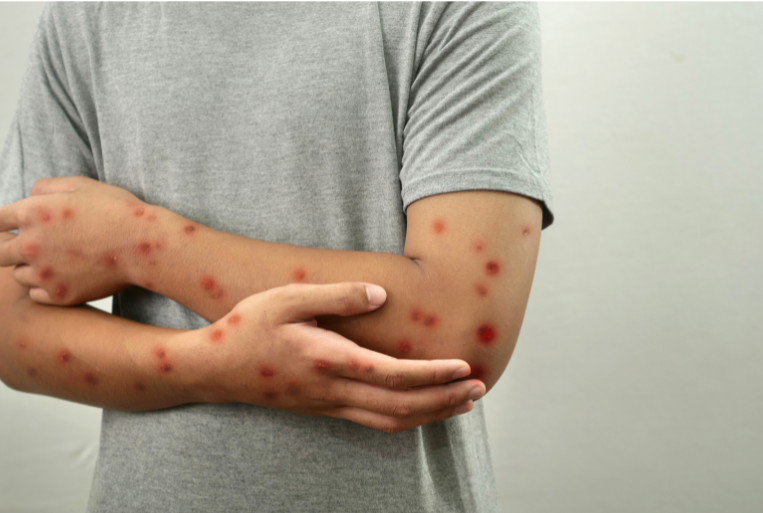
Mpox: Understanding the Threat and Strengthening Prevention with the KRAKEN™
Mpox, a viral infection once considered rare, has emerged as a growing global health concern since 2022. Understanding how it spreads, who is most at risk, and how innovative tools like the KRAKEN™ system can detect outbreaks early is key to preventing new waves of transmission and protecting vulnerable communities.
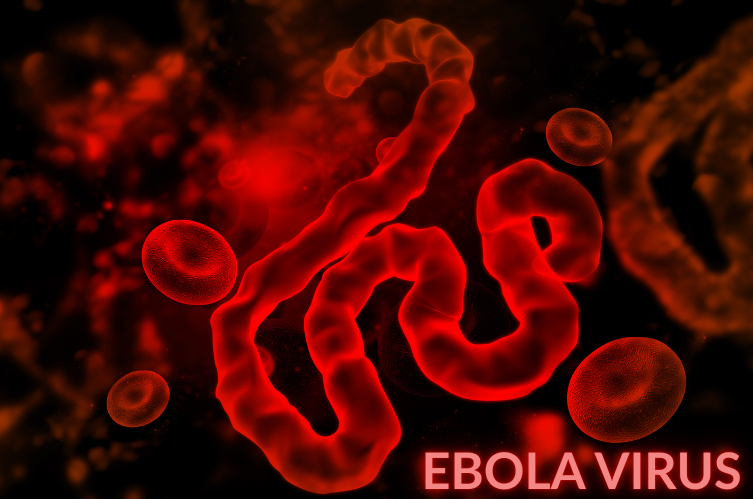
Ebola Outbreak in the DRC: Understanding the Threat and Strengthening Our Response
The Democratic Republic of Congo is facing its 16th Ebola outbreak, with dozens of suspected cases and a case fatality rate above 50%. Understanding how Ebola spreads, what it does to the body, and how tools like the KRAKEN™ system can help is key to stopping outbreaks before they spiral out of control.
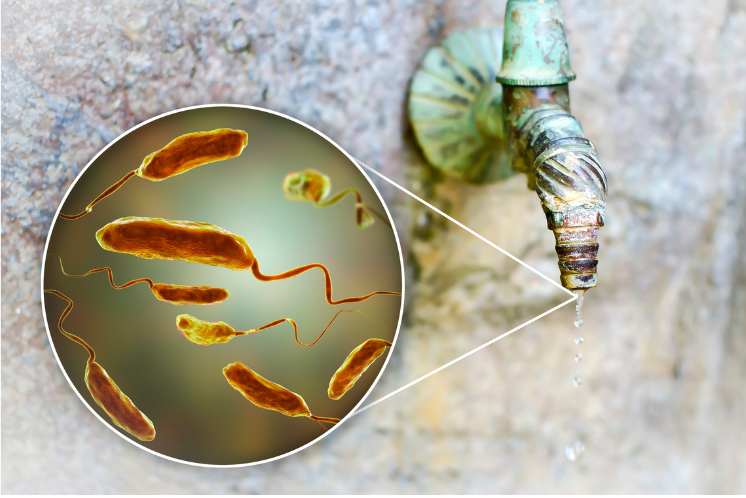
Stopping Cholera at Its Source: How the KRAKEN System Can Help
Cholera spreads through water and food contaminated with the bacterium Vibrio cholerae. WHO warns that without rapid action—better surveillance, faster treatment, and improved WASH—cholera will keep crossing borders.

Legionnaires’ Disease in London, Ontario: How the KRAKEN System Could Help Prevent Future Outbreaks
London, Ontario is once again facing a Legionnaires’ disease outbreak. After several weeks without new cases, the Middlesex-London Health Unit (MLHU) has redeclared the outbreak following 25 additional cases. This is how the KRAKEN system could prevent the spread.
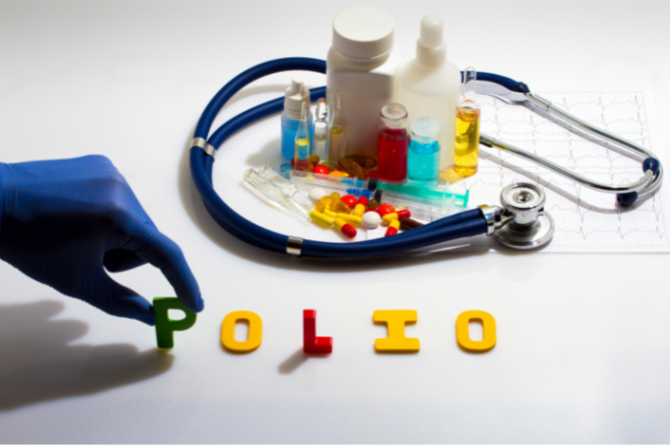
Revolutionizing Polio Surveillance: How KRAKEN™ Delivers Real-Time Detection in the Field
Polio remains a global health challenge despite decades of eradication efforts. This post explores the current status of poliovirus circulation, highlighting the regions and countries where the virus continues to pose a threat.
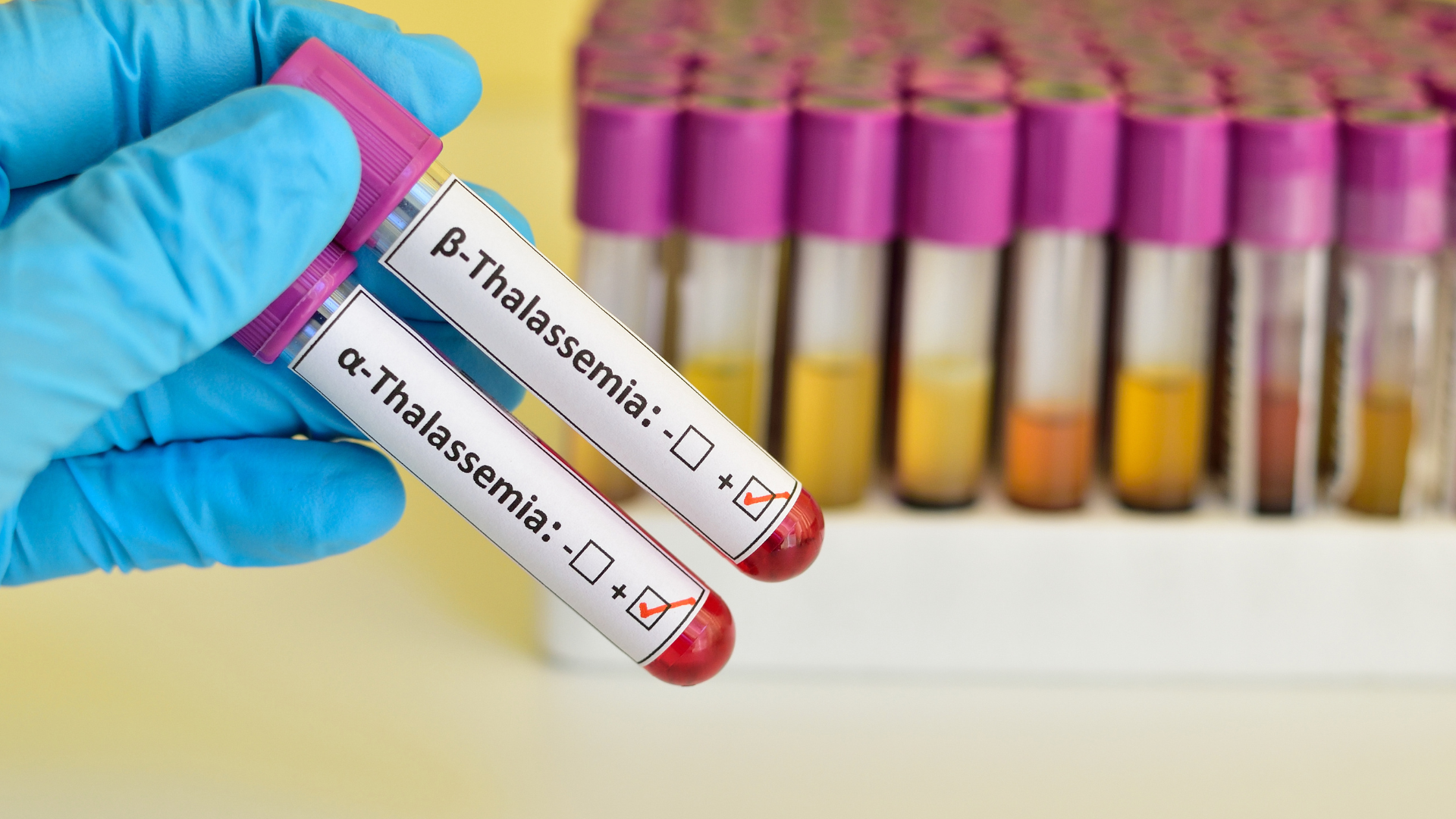
Kraken Sense for Detecting Extended Beta-Lactam Resistance (blaCTX-M gene) in Wastewater Surveillance
Antibiotic resistance is one of the fastest-growing threats to global health. As more bacteria evolve to evade our most powerful drugs, infections that were once easily treatable are becoming more dangerous, and sometimes untreatable.

Surveillance of Legionella pneumophila in Building Water Systems with Kraken Sense
Legionnaires’ disease may sound like a relic of the past, but outbreaks are still happening today, often silently and without warning. Caused by the bacterium Legionella pneumophila, this severe form of pneumonia poses a serious threat in large building complexes, especially hospitals, hotels, long-term care homes, and office towers.
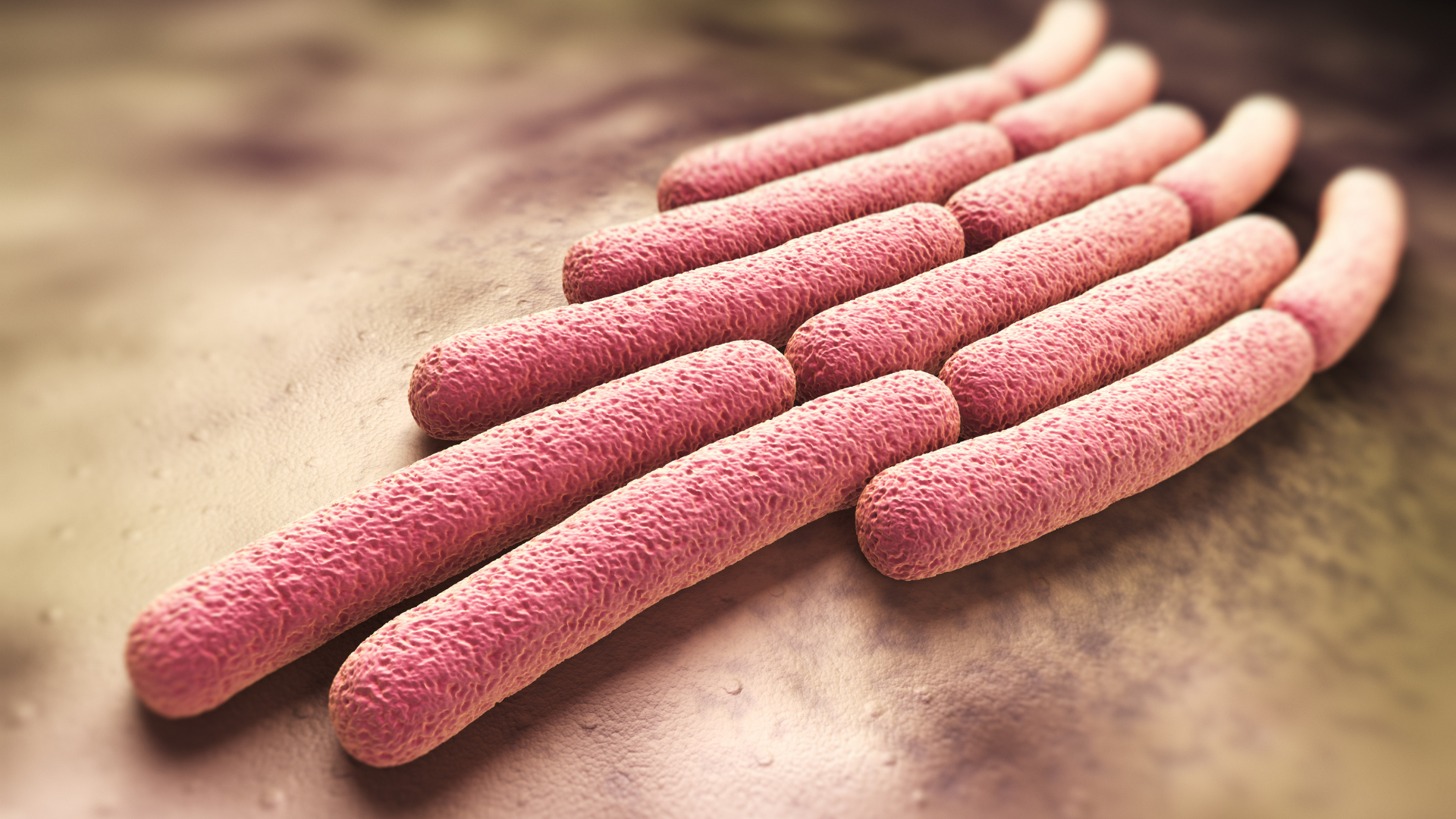
Tracking Shigella spp. (ipaH gene) for Better Public Health Response
Shigella spp. are bacterial pathogens that cause shigellosis, a gastrointestinal disease known for its highly contagious nature and severe symptoms. Shigella spreads through contaminated food, water, or direct contact with infected individuals, especially in places with limited sanitation such as shelters, schools, or under-resourced communities.

Real-Time Monitoring of Norovirus GII (ORF1-2 junction) in School and Cruise Ship Environments
Norovirus GII is infamous for triggering rapid and disruptive outbreaks, particularly in densely populated or semi-enclosed environments like schools, cruise ships, nursing homes, and correctional facilities. Its ability to spread via food, surfaces, aerosols, and even shared spaces makes it one of the most contagious pathogens.

Revolutionizing Food Safety: Kraken Sense's Advanced Early Detection System for Salmonella spp. Through invA Gene Targeting
Food safety has never been more critical in our interconnected global economy. As supply chains stretch across continents and processing facilities scale to meet growing demand, the risk of foodborne pathogens infiltrating our food systems has increased exponentially.
